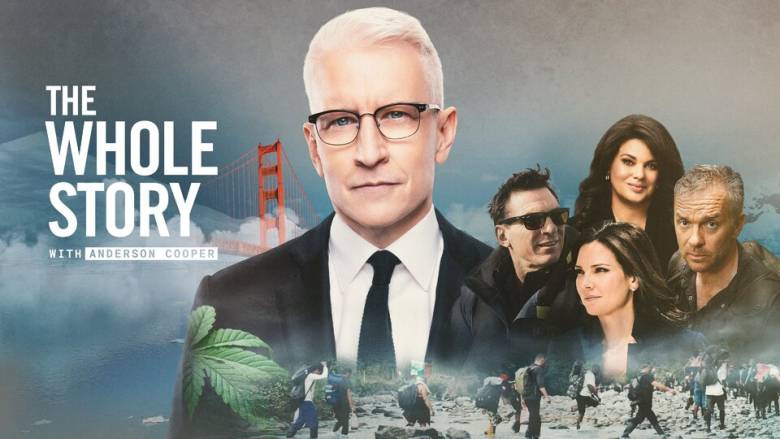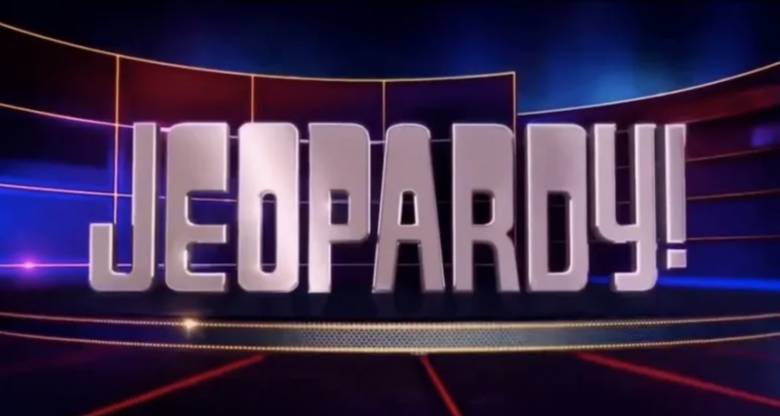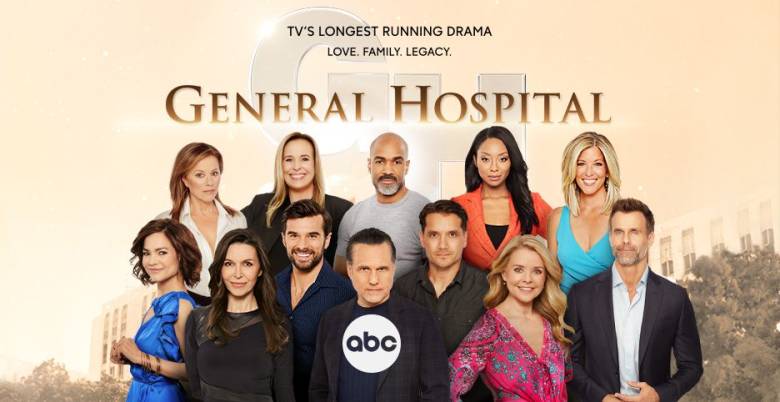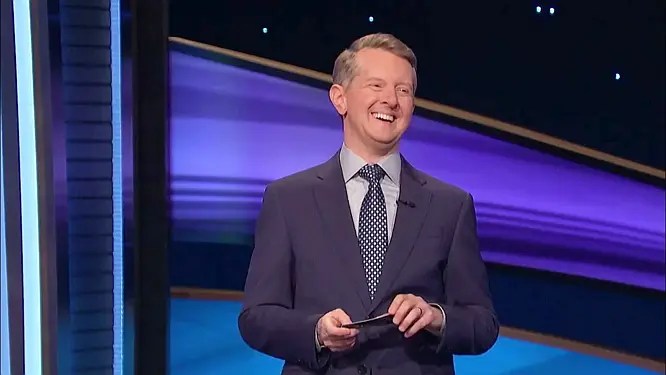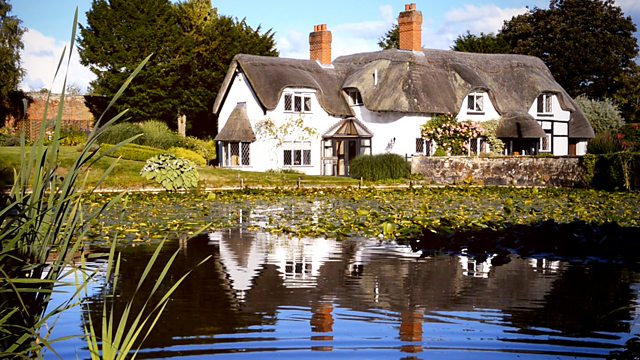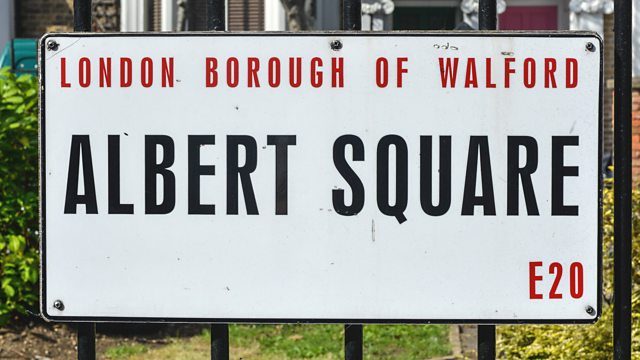What is SAS Rogue Heroes?
I would like to think that SAS Rogue Heroes is a great yarn about the spirit of the people that invented this extraordinary unit of guys in World War II, who in a way changed the nature of warfare. But if that sounds a bit dry or a bit grim, it actually isn’t because what makes SAS Rogue Heroes so exciting is the rebel spirit of these men.
Within the series there is some history – the events by and large did happen – so it is the origin story of the SAS at its simplest. But I like to think that our approach to it is really a celebration of the spirit of those guys back in 1941. The trials and tribulations, what it took of them, what it did to them, how it changed them. And also their amazing triumphs that they managed to achieve by devising a completely new way of doing things. I think that is what it makes it exciting.
What compelled you to take this project on?
When I first heard about SAS Rogue Heroes my brain was automatically full of images of macho, tough guys in the desert. I approached the script in a way a little bit wary, because I thought I am not really interested in doing something that is a celebration of tough guy machismo. But what was amazing was the second that I started turning the pages I realised that the true story of these guys – and what Steven Knight brilliantly celebrates – is that they were entirely the opposite of what you would expect.
David Stirling was a failed painter and an aspiring mountain climber, being a part-time cowboy from a posh family but absolutely of the kind of eccentric, drunken gambling variety. Paddy Mayne had an interesting relationship with alcohol, could be violent but amongst other things had a beautiful lyrical soul and loved poetry, and wanted to be a writer. And then we have Jock Lewes, who had a very interesting relationship with trying to win the war. He had a girlfriend in Germany who was in the Nazi party, but then after Kristallnacht he became fanatically opposed and appalled by anything to do fascism and decided to go on a one man crusade to stop the war. He was obsessively inventing bombs and devising training techniques to allow for four people to go off and blow up the entire Third Reich. He had his own wonderful eccentric craziness.
I think what is interesting about all three key guys is that none of them fitted the military mould of that era. When I was digging into the scripts and the stories and went back to Ben Macintyre’s brilliant book and back to Steven Knight’s brilliant script again, there is a sort of fantastic fun, energetic madness and swagger about them which is so thrilling. I felt that it was everything I thought it might be, suddenly all the images that came into my head were much more entertaining, zany and about the kind of craziness of the situation in what these guys did and how they did it. I made it my task as a director to lean into that and evoke the spirit of the guys. And evoke and express it in a style which has, hopefully, all of the swagger and the sort of enjoyable function of the guys themselves.
I also thought that the spectacle of the war itself and how we treated it should also reflect that. The whole project, the tone and style of it needed to avoid becoming a grim, gritty, distressing picture of war and hell and instead in a sense a celebration of those who went out there in order to make things happen and change the course of the war. How did you approach the balance and complexity of showing this?
Approaching war or violence in any form you, as a film maker, have to sit back and ask all those questions about what you are going to show and why. What effect you want it to have on the audience and why you are telling the story in a particular way, or approaching a scene in a particular way.
Steven told me a story about when he went to interview David Stirling’s secretary, someone who had worked with him in the 70s. She told Steven that at lunchtime, they would all look out the window because what Stirling normally would do is go walk across the road to a sandwich bar but he would close his eyes and walk directly into the traffic. Steven uses that at the beginning of the first episode as a way to get inside the head of David Stirling who loved living life close to death. The feeling that gave him, the rush that gave him, was something that elevated him and kept him feeling excited. So that’s another thing I kept in mind when thinking about the violence or about the action. It’s not always just about the gory act itself – sometimes it’s the act of the thrill that a certain kind of person will get from being in that kind of danger.
Can you briefly set the scene of Cairo in 1941, where we first meet our characters?
Even though the front line wasn’t that far away, Cairo was very much a party city and it was famous for its nightlife, its nightclubs. There were lots of great descriptions. There were a lot of interesting writers who turned up in Cairo at that point. Obviously a lot of soldiers were there from all over the ally powers. There were Czechs, Indians, Brits, Aussies. There was this kind of vibrant community there, various communities rubbing along during war
Everyone speaks so highly of your energy on set – what is the atmosphere that you like to create during filming?
Well that’s always very nice to hear! I guess I’m a big believer that when you are on set you are playing. There are so many things that you could get stressed about when you’re filming. I tend not to only because, I suppose fundamentally I do think we are just playing.
I think there is a direct correlation between being a kid and playing games in a sandpit, making stories up about monsters or whatever, and doing what we do. To me it’s exactly the same, and I think if you lose that or forget it then you can suddenly be in a world of pain, stress, conflict and it seems pointless because usually you’re with all of these super cool people who want to do this super cool thing. We are all unbelievably privileged to do what we do and be in the places we get to go to do it.
I’m always excited to go to set and see what everyone else thinks about what we’re going to do that day. I’ll go in of course with a plan, and I’m a great believer in communicating and prepping your ideas as early as you can so you are not springing surprises on people. I think fundamentally you just want to get there and make sure and listen to people. Encourage them to be as brilliant as they can be, and just enjoy watching that kind of magical thing. Of course you know you are telling a story, I think everyone understands the goal of what you are doing and the process should be as joyous as it can be. That’s my fundamental thing about what a film set should be like. It’s a glorified sandpit, and – when filming in the Sahara – we are in the biggest one in the world!
What were the biggest challenges?
Day one we had a sand storm, day two we had half a sandstorm, day three we had an all-day sandstorm, day four we had a quarter of a day of a sandstorm… We then started to schedule round the possibility of sandstorms. You always try to create an environment where people can do more work. There’s just some things that you can’t control and you just have to rock and roll with that.
Sandstorms we can’t do anything about and also we got some great footage of them for the series which were otherwise going to costs us a lot of money in visual effects, and we got that for free! I like to be positive about that!
We are doing a story about people who were fighting an unbelievably awful war against an unbelievable, awful ideology. What they put up with was unthinkably more distressing and traumatic than anything that us TV people were having to put up with. If they stuck it out through all of that then I don’t think I’ve got anything to complain about.
Why do people think they will enjoy the show?
I take the story incredibly seriously – this story, oddly enough didn’t take themselves or situations seriously. Steven Knight tells the incredible story of Mike Sadler who was in the Long Range Desert Group and then joined the SAS. When Steven managed to talk to Mike before writing the project Mike told him a story where he described being attacked. You’re thinking that must have been terrifying and Mike said “yes it wasn’t ideal”. There is something about the understatement and sense of fun, and the sense of them not wanting to be, as Stirling would say, ‘pomposo’ – we are trying to celebrate that.
Even though we want to do justice to these men and their contribution to the war and their place in history, I’m not doing it with a really earnest school master-y approach. I’m doing it in a way that looks to channel their spirit and make it feel as fun and as timeless and rebellious and as cool as I think they were. I want the audience to see that and enjoy that. I think these men had something to teach us which we want to celebrate with our series.





